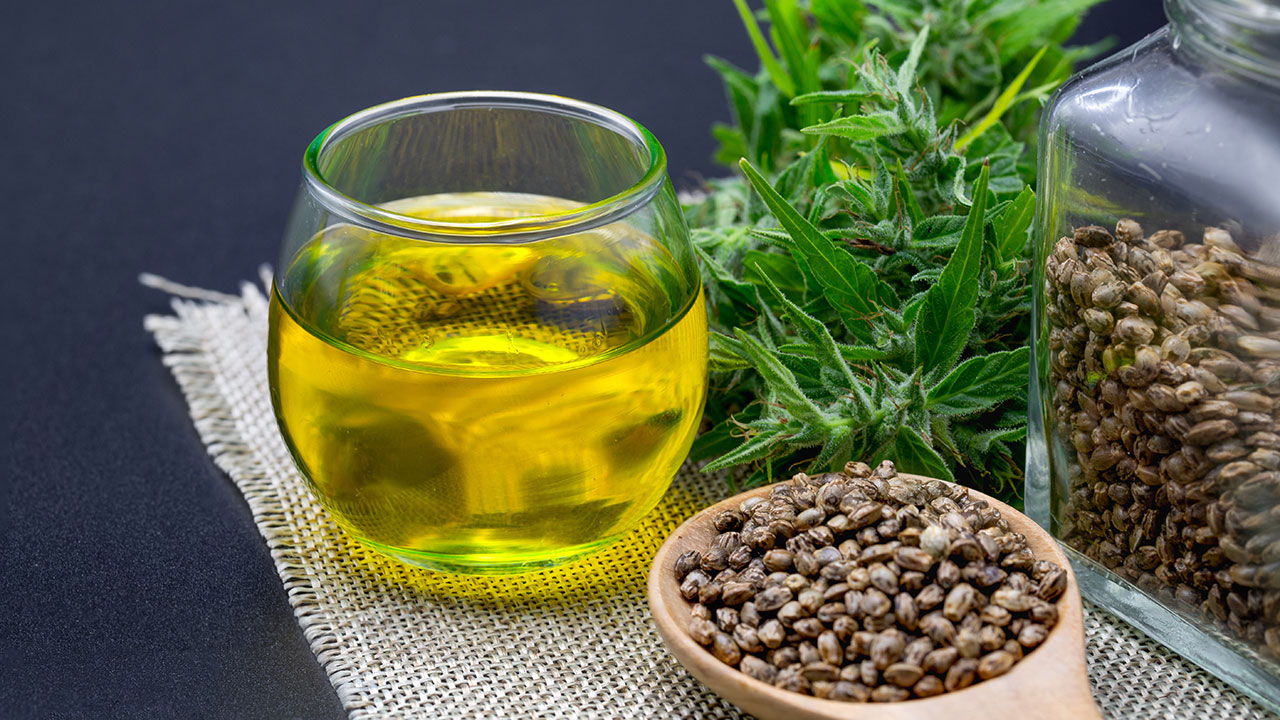Proposed Farm Bill Amendments Threaten the Future of THC Products
Summarize

The 2018 Farm Bill stipulated that it would be reviewed and amended as necessary every three years. It is time for the second review and set of amendments, and the U.S. House Committee on Agriculture released a draft for the revised 2024 Farm Bill on May 17, 2024. The Farm, Food, and National Security Act of 2024 is not good news for the hemp industry.
If the bill is left intact, three main provisions would seriously harm the hemp industry as it exists now. One is that the proposed law implements a ban on “all ingestible hemp products with any level of THC.” This means that even if marijuana seeds contain less than 0.3% THC, they become illegal. Currently, the DEA has determined that marijuana (cannabis) seed with less than 0.3% THC on a dry weight basis meets the definition of hemp.
The second significant change in the amendments is that hemp is redefined to “only include naturally occurring, naturally derived, and non-intoxicating cannabinoids.” Synthetic cannabinoids, which are cannabinoids manufactured outside the plant, are excluded from the definition of legal hemp and cannot be sold. Delta-8 is an example of a synthetic cannabinoid made as a byproduct of THCA.
That leads to the third change. Products made from hemp with “quantifiable amounts” of THC, THCA, or other cannabinoids that produce effects similar to THC or THCA are excluded from the hemp definition. The term “quantifiable amounts” is not defined.
This wording in the proposed amendments will likely gut the hemp industry because hemp, under the current definition, has a small amount of THCA and THC. Farmers have spent years striving to meet the requirements of the Farm Bill and its past amendments, developing hemp plants that contain less than 0.3% THC on a dry weight basis. This was determined to be a non-intoxicating amount. The passage of the 2024 amendments will make the hemp they have developed illegal. In addition, full spectrum CBD products contain THC, and they would be illegal also, as well as products containing Delta-8.
The bill was proposed by Representative Mary Miller, who had good intentions. She said,
“My amendment will close the loophole created in the 2018 Farm Bill that allows intoxicating hemp products like Delta-8 to be sold. These products are being marketed to children and sending hundreds of them to the hospital. We must stop teenagers and young children from being exposed to addictive and harmful drugs.”
However, her good intentions would devastate a thriving industry and cut off access by adults to products they find beneficial.
The passage of this bill is a giant step backward for the hemp industry. The hope all along has been that Congress would pass amendments that support the hemp industry and clarify some issues on topics like Delta-8. Hemp industry members never expected this. The U.S. Roundtable said, “We had been assured on several occasions by committee staff and the Chairman personally that they would not support any effort to kill the hemp industry.” The amendments made it out of the committee through a procedural tactic that enabled the avoidance of a separate vote by committee members.
The Farm Bill and its amendments have been passed out of committee and to the House floor for discussion. There is hope that this Farm Bill with amendments will not pass. If it does, it must still pass the Senate to become law. There is a good chance that Senate supporters of the hemp industry will not support this bill as it is written. The bottom line is that the hemp and CBD industry will remain in limbo for a while longer.
Share this post


0